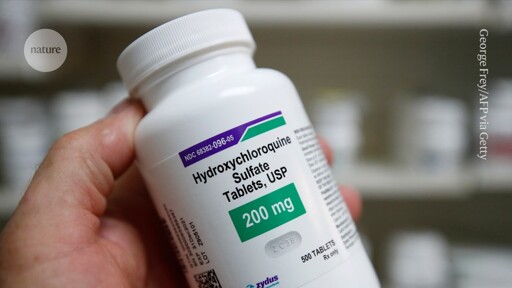A study that stoked enthusiasm for the now-disproven idea that a cheap malaria drug can treat COVID-19 has been retracted — more than four-and-a-half years after it was published.
… Its eventual withdrawal, on the grounds of concerns over ethical approval and doubts about the conduct of the research, marks the 28th retraction for co-author Didier Raoult, a French microbiologist, formerly at Marseille’s Hospital-University Institute Mediterranean Infection (IHU), who shot to global prominence in the pandemic. French investigations found that he and the IHU had violated ethics-approval protocols in numerous studies, and Raoult has now retired.
“Why it took more than four-and-a-half years after the study was initially published for the journal to come to this conclusion is not clear. It is also somewhat surprising that most of the paper’s authors still stand by study’s findings and conclusions despite its obvious inconsistencies, methodological flaws and potential ethical issues as outlined in the retraction note,” says Søgaard.
The paper (now marked as retracted): https://doi.org/10.1016/j.ijantimicag.2020.105949



People are not bright. If a source they trust says something is bad, it’s hard to back track.
Shit, a lot of people still think egg yokes substantially increase blood cholesterol.
And that dietary fat gets applied immediately as body fat. No conversion necessary. No strong feelings on sugar intake.